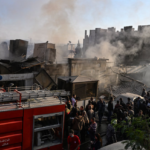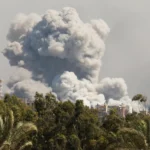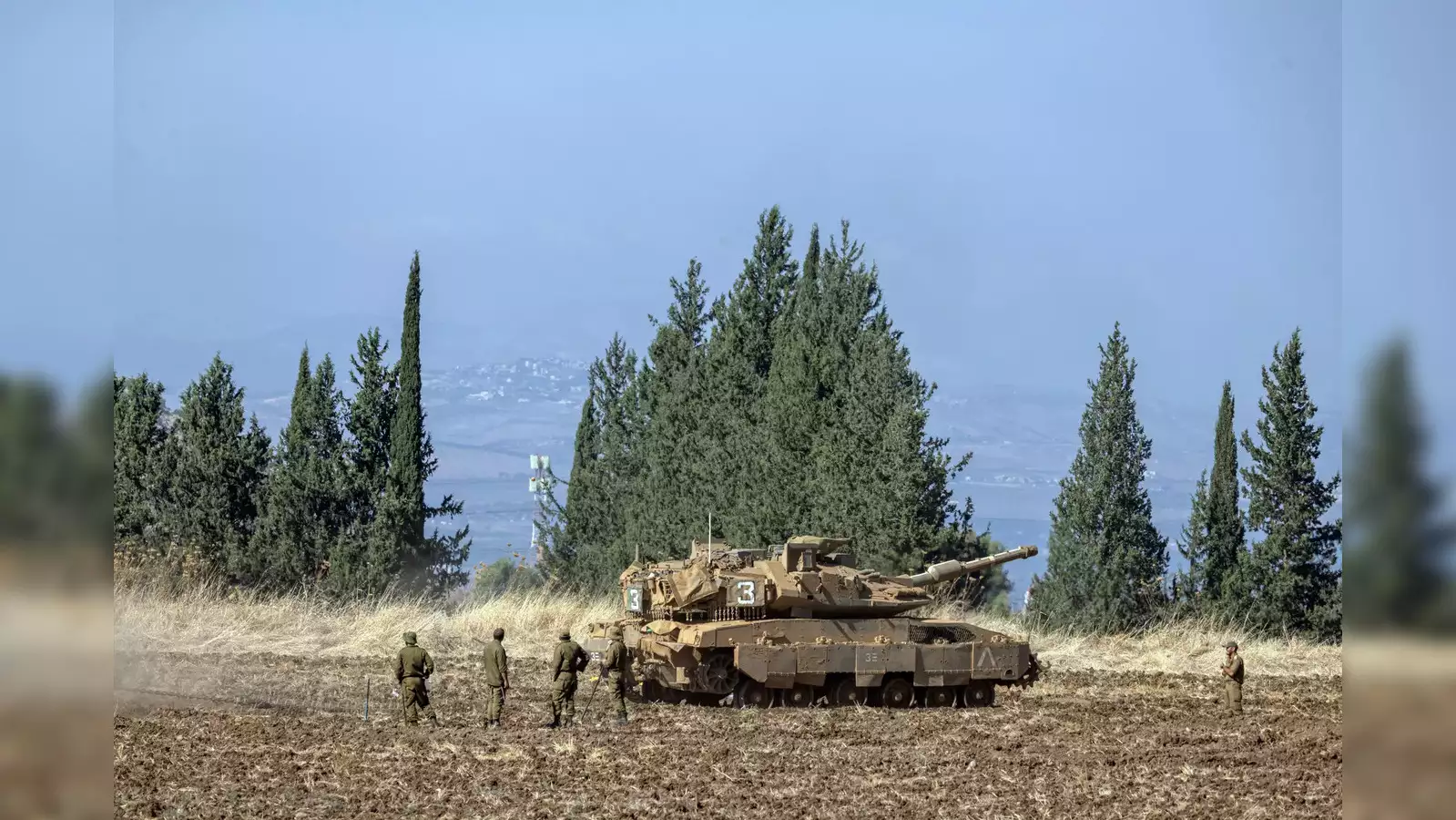Israel launched a land invasion into southern Lebanon early on Tuesday, escalating a two-week-old conflict with Hezbollah to a new level. The operation has been described as limited and localized, intended to demilitarize Hezbollah positions that present an immediate threat to Israeli communities near the border. Confirming land troops, military sources said Israeli air force and artillery are supporting the offensive.
The invasion comes after months of fighting across the border between Israel and Hezbollah, with panicked evacuations and displacement of civilians on both sides. Heavy shelling and aerial military activities were seen around the Lebanese town of Aita al-Shaab as Israeli forces advanced. Lebanese authorities confirmed that at least 95 people are killed on Monday due to Israeli strikes across the country.
North, Israel has laid its claim to haven in the northern settlements and allowed the evicted residents to return home. The attack came as a culmination of the aerial bombing campaign initiated on the strategic targets in southern Beirut and the remaining Lebanon aimed at the headliners of Hezbollah and its machinery. These bomb attacks have managed to wipe out several key figures in Hezbollah, one of them being Hassan Nasrallah, an experienced leader and blow to the organization.
Hezbollah promised to stop any ground invasion by Israel. “We stand ready for any ground confrontation, and we will continue resisting,” said Hezbollah’s Deputy Secretary-General Naim Qassem, who broke his silence since the killing of his party leader, Nasrallah.
The Lebanon Army is said to have been repositioning itself in the south as the much-dreaded dread of a high-intensity invasion from Israel looms large. Officially, at least 1,000 people are said to have been killed during the past two weeks, while another million have had no choice but to leave their homes.
The world is marked by anxiety as the confrontation moves closer to unprecedented ferocity. Britain also announced the evacuation of its citizens from Lebanon. So far, neither the diplomatic corps attempts at a truce nor restraint measures by the United States, though President Joe Biden asked for a truce, were able to yield its desired outcome. However, it seems that Israel has to go on with its military operation since all measures would be taken toward safeguarding the safety of citizens of the country, according to Israel’s Defense Minister, Yoav Gallant.
At large, the wider area remains on tenterhooks because Iran had made it clear that it would not sit idly by and watch Israel’s adventure. The killing of Nasrallah and several other top-ranking figures, an Iranian Guard commander among them, during last week’s Israeli airstrikes, has been strongly condemned by officials at Iran’s Foreign Ministry, and the response from Tehran has raised further concerns over further involvement from the region in the conflict.
On the other hand, international observers admit that the conflict could become protracted with very serious humanitarian and geopolitical implications in the Middle East as the situation continues unfolding.















